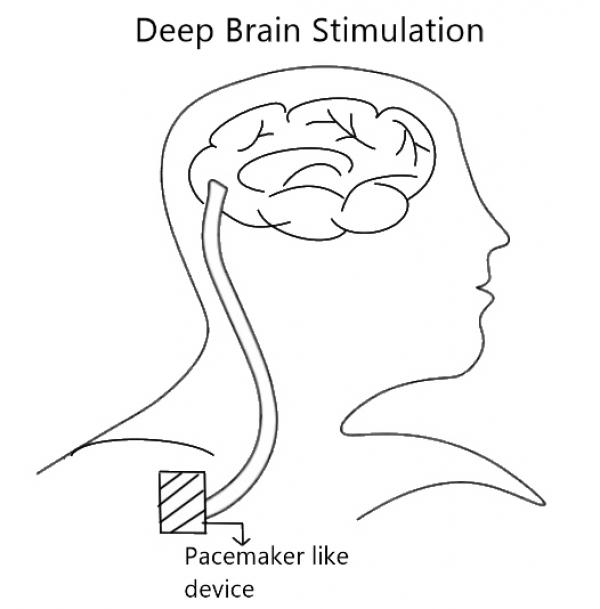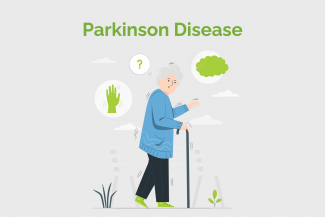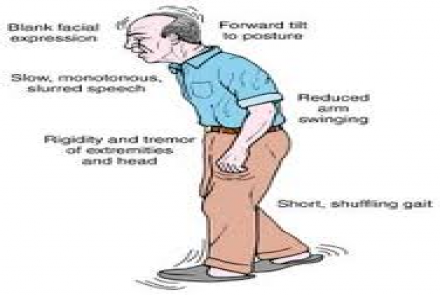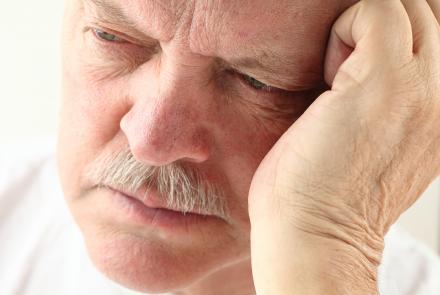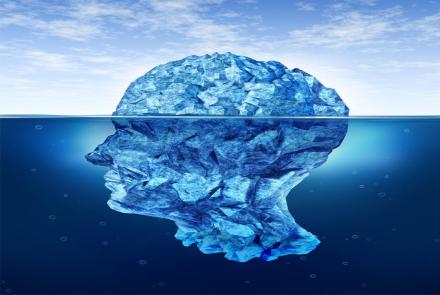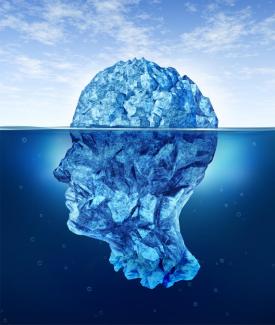
Currently there are no treatment options available for complete cure of Parkinson’s, but supportive, medical and surgical options are available to manage the symptoms and maintain quality of life.
Supportive Therapy:
Depending on your condition, physical activities like walking, swimming, dance, yoga, physiotherapy play an important role in improving the quality of life. These can be done under a trained therapist.
Medical Therapy:
Most commonly used medication is levodopa, and Sinemet (a combination of levodopa and carbidopa), which replenishes some of the depleted dopamine in the brain.
Side effects of medications:
- Sinemet can cause dizziness or nausea and behavioural problems
- Levodopa on long term and large doses can cause uncontrolled movements and hallucinations
Surgical Therapy:
Not all patients with Parkinson's disease are good candidates for surgical treatment. Individuals must meet certain criteria for surgical treatment.
Deep brain stimulation is a current surgical procedure for treatment of Parkinson’s disease. A pace-maker like device is inserted in the chest and leads implanted in certain areas of the brain. The pace-maker sends electrical impulses to certain parts of brain involved with movement and co-ordination through the implanted leads.
